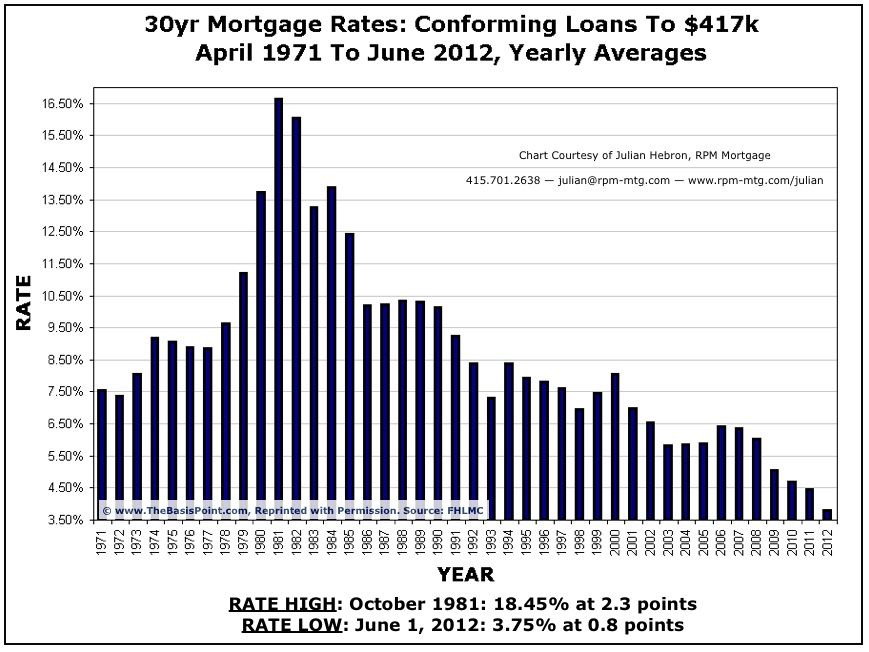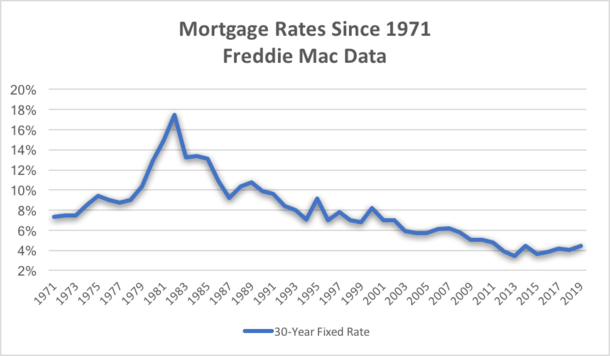Table Of Content

We’re transparent about how we are able to bring quality content, competitive rates, and useful tools to you by explaining how we make money. Mortgage rates rose throughout 2023 but are expected to drop in 2024. The Federal Reserve, which hiked rates throughout much of 2022 and 2023, has indicated it will begin cutting rates in 2024 amid falling inflation and a slowing economy. Finally, when you’re comparing rate quotes, be sure to look at the APR, not just the interest rate.
HomeServices Becomes Final Brokerage To Settle Real Estate Agent Fee Lawsuit
However, the Federal Reserve has indicated it will begin cutting rates in 2024 as the economy cools and inflation continues to fall. Assuming these trends hold steady, you can expect to see lower mortgage rates in 2024. Another important consideration in this market is determining how long you plan to stay in the home. People who are buying their “forever home” have less to fear if the market reverses as they can ride the wave of ups and downs. But buyers who plan on moving in a few years are in a riskier position if the market plummets. That’s why it’s so important to shop at the outset for a realtor and lender who are experienced housing experts in your market of interest and who you trust to give sound advice.
Current Mortgage Rates
This information helps underwriters estimate how much of a loan you can afford and the costs of the loan. If you don’t lock in your rate, rising interest rates could force you to make a higher down payment or pay points on your closing agreement in order to lower your interest rate costs. Though lenders decide your mortgage rate, there are some proactive steps you can take to ensure the best rate possible.
Mortgage Rate Lock Guide – Forbes Advisor - Forbes
Mortgage Rate Lock Guide – Forbes Advisor.
Posted: Fri, 26 Apr 2024 12:32:00 GMT [source]
Mortgage Rates Today: April 18, 2024—30-Year Mortgage Rates Increase, 15-Year Rates Steady
Federal Reserve’s Federal Open Market Committee projected that the federal funds rate—which indirectly affects mortgage rates—might fall from a median rate of 5.6% in 2023 to 5.1% in 2024, 3.9% in 2025 and 2.9% in 2026. But these predictions are based on assumptions that may or may not pan out. There are many ways to search for the best mortgage lenders, including through your own bank, a mortgage broker or shopping online. To help you with your search, here are Forbes Advisor’s picks of the best mortgage lenders across the country. Kimberly is a career writer and editor with more than 30 years' experience.
Compare mortgage lenders side by side
The danger to the buyer is that they may be overpaying for the home. With no appraisal needed for a loan, there is no independent third party providing an estimate for the value of the home. Ultimately, if homebuyers are looking to get the best price on a home, they should exercise caution if paying for a home with cash, or instead take advantage of historically low mortgage rates. When you apply for a loan (or pre-approval), the lender does a hard credit check or hard inquiry. Hard inquiries can take points off your credit score, but there's a way to shop around for a mortgage without harming your credit. For example, you might find that a lender offers different rates for conventional loans and government-backed loans.
For example, advanced preparation and meeting with multiple lenders can go a long way. Even lowering your rate by a few basis points can save you money in the long run. While rates remain elevated, the Fed signaled that it will begin to cut rates in 2024, indicating a further downward shift in mortgage rates may soon come. For the week of April 26th, top offers on Bankrate are X% lower than the national average.On a $340, year loan, this translates to $XXX in annual savings.
How does the Federal Reserve affect mortgage rates?

Learn more about 30-year fixed mortgage rates, and compare to a variety of other loan types. Our mission is to provide readers with accurate and unbiased information, and we have editorial standards in place to ensure that happens. Our editors and reporters thoroughly fact-check editorial content to ensure the information you’re reading is accurate. We maintain a firewall between our advertisers and our editorial team.
MORTGAGE LENDERS
A quick way to determine if you should refinance is to estimate your out-of-pocket cost to refinance and divide by your monthly payment savings -- how much your payment goes down due to the refinance. The answer will represent the number of months it will take to get your money back from refinancing, also called the breakeven point. Therefore, if you plan to live in your home longer than the answer to this math problem, you should refinance. If you plan to live for fewer months, then you should not refinance. Following the COVID-19 pandemic, the Fed implemented an expansionary monetary policy to help the economy, resulting in great rates for homeowners. If a homeowner has not taken advantage of the great rates in the last two years, they should refinance as soon as possible to try to lock in a lower rate.
Conforming loans
A month ago, the average rate on a 30-year fixed refinance was lower at 6.91 percent. Monthly payments on a 5/1 ARM at 6.68 percent would cost about $644 for each $100,000 borrowed over the initial five years, but could climb hundreds of dollars higher afterward, depending on the loan's terms. The average rate you'll pay for a 30-year fixed mortgage today is 7.29 percent, up 24 basis points over the last seven days. Last month on the 22nd, the average rate on a 30-year fixed mortgage was lower, at 6.97 percent. The Fed indicated it'd cut rates in 2024, but policymakers held off at its latest meeting, citing the need for more promising economic data. The Fed has been working to bring inflation back to its 2 percent target since 2022.
In fact, due to the increase in inflation, the Fed has signaled that it will increase short-term rates and reduce the QE programs, resulting in higher rates for refinancing. When interest rates are higher, you have to make bigger monthly payments compared to the payments for the same loan at a lower rate. If you can't afford the bigger monthly payments, you might have to borrow less. A smaller down payment doesn't always mean you'll have to settle for a higher rate, though. The interest rates for low down payment loans (like an FHA loan or a VA loan) can be very competitive.
For example, a conventional mortgage usually has higher credit score and down payment requirements than government loans, such as Federal Housing Administration (FHA) and Veterans Affairs (VA) mortgages. You can check rates online or call lenders to get their current average rates. You’ll also want to compare lender fees, as some lenders charge more than others to process your loan.
However, to get the most accurate quote, you can either go through a mortgage broker or apply for a mortgage through various lenders. The spring homebuying season is shaping up as a difficult one for buyers. Along with the recent surge in mortgage rates, home prices remain near record levels.
When it begins to taper (stop purchasing 10-year Treasury notes) significantly, mortgage rates will rise. Refinancing at lower rates is always a good idea as long as the homeowner plans on staying in the home long enough to justify the closing costs of the loan. If the current rate is significantly lower than the original, the homeowner might consider shortening the new loan’s maturity. In today’s hot market, sellers often accept cash transactions ensuring that the deal will close, which can be a risky choice for the buyer.
The advantage of going with a broker is you do less of the work and you’ll also get the benefit of their lender knowledge. For example, they might be able to match you with a lender who’s suited for your borrowing needs, this could be anything from a low down payment mortgage to a jumbo mortgage. In this example, if your budget is $2,000 per month and rates rise to 9%, you might have to shop for a home with a lower price tag. First, your FICO® Score isn't affected by any mortgage inquiries made in the past 30 days. If you find a loan within those 30 days, rate shopping won't affect you at all. That's because of economic factors like the unemployment rate and number of recent foreclosures.

No comments:
Post a Comment